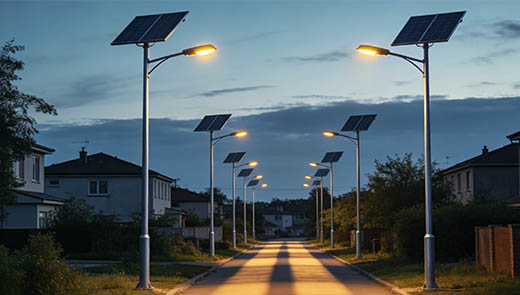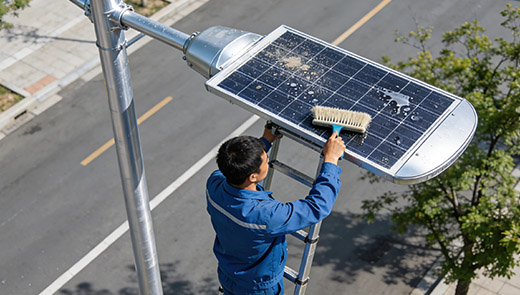Weather Impact on Solar Road Studs
Sep 18, 2023
Solar road studs have gained prominence as a promising solution for road safety and traffic management. However, concerns often arise about how these spikes perform under varying weather conditions. In this article, we delve into the effects of weather on the normal operation of solar road studs.
1. Impact of Rain: Rain is a common weather condition that raises questions about the functionality of solar road stud lights. We explore how rain affects the charging, visibility, and durability of these studs.
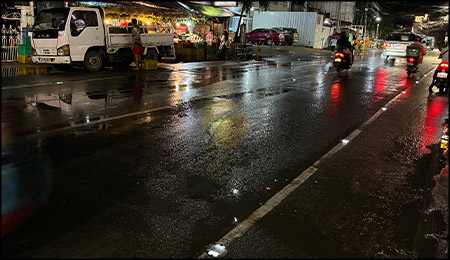 2. Weathering the Snow: For regions experiencing snowy winters, the ability of solar road studs to function effectively under a blanket of snow is crucial. We examine their performance in snowy conditions.
2. Weathering the Snow: For regions experiencing snowy winters, the ability of solar road studs to function effectively under a blanket of snow is crucial. We examine their performance in snowy conditions.
3. Facing Fog and Mist: Fog and mist can reduce visibility on roads. We discuss how solar road studs cope with low-visibility scenarios and their contribution to road safety.
4. Enduring Extreme Heat: In regions with scorching temperatures, the resilience of solar road spikes in extreme heat is essential. We analyze their ability to withstand high temperatures and provide consistent illumination.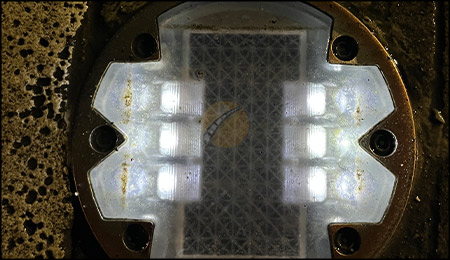 5. Adverse Weather and Battery Life: Adverse weather conditions can limit the amount of sunlight reaching solar-powered road studs. We explore how this impacts their battery life and nighttime visibility.
5. Adverse Weather and Battery Life: Adverse weather conditions can limit the amount of sunlight reaching solar-powered road studs. We explore how this impacts their battery life and nighttime visibility.
6. Maintenance in Harsh Weather: Extreme weather can lead to increased wear and tear. We discuss maintenance strategies to ensure the continuous operation of solar LED road stud lights, even in adverse conditions.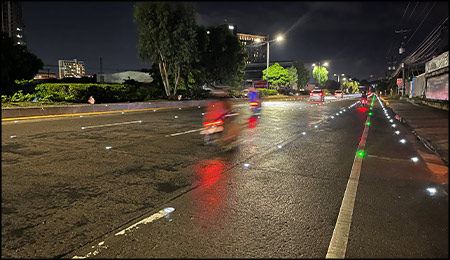 Weather plays a significant role in the operation of solar road spikes. While these spikes are designed to withstand a range of weather conditions, understanding their performance in rain, snow, fog, extreme heat, and the impact on battery life is essential for effective road safety management.
Weather plays a significant role in the operation of solar road spikes. While these spikes are designed to withstand a range of weather conditions, understanding their performance in rain, snow, fog, extreme heat, and the impact on battery life is essential for effective road safety management.

3. Facing Fog and Mist: Fog and mist can reduce visibility on roads. We discuss how solar road studs cope with low-visibility scenarios and their contribution to road safety.
4. Enduring Extreme Heat: In regions with scorching temperatures, the resilience of solar road spikes in extreme heat is essential. We analyze their ability to withstand high temperatures and provide consistent illumination.

6. Maintenance in Harsh Weather: Extreme weather can lead to increased wear and tear. We discuss maintenance strategies to ensure the continuous operation of solar LED road stud lights, even in adverse conditions.



